Annette Jäckel describes the effort it took to wake up the three instruments of ROSINA, the Rosetta Orbiter Spectrometer for Ion and Neutral Analysis.
The ROSINA instrument package will study the composition of comet 67P/CG’s atmosphere and ionosphere, and will measure the velocities of gas particles. It consists of two mass spectrometers with complementary capabilities: the double focusing mass spectrometer (DFMS) and the reflectron time of flight mass spectrometer (RTOF), for the analysis of neutral gas particles and primary ions in the coma. The instrument package is completed by the cometary pressure sensor (COPS) to measure the total neutral particle density and the radial flow velocity of the gas.
The first opportunity for trying to switch on ROSINA was – and this is no joke – on 1 April. The ROSINA team (about 10 persons) was highly excited and very curious about the performance of the two mass spectrometers and the pressure sensor. After 10 years of journey and a good feeling about the instruments based on their performances during the active and passive checkouts within the last 10 years, 1 April was a special day.
However, things take their own course and we were immediately faced with several problems. First we had to deal with extremely cold temperatures. DFMS was only switched on for exactly two seconds: during that time a temperature of -30.4°C within the sensor was read. This value lies 0.4°C outside the range in which DFMS is allowed to be switched on. Therefore the ROSINA software refused to switch on DFMS.
For RTOF it was a little more complicated. The instrument did not have to deal with freezing temperatures, since it’s mostly placed inside the spacecraft, but instead did not reach the high voltages we need to operate it. The reason of this error lies fully on our side (software error) and was subsequently fixed. Unfortunately, also the second try for RTOF failed a few days later, again because of some software issues. The frustration level of the team at that moment was rather high. But COPS, as usual, did not make any trouble and worked reliably.
Eventually, on 24 and 25 April, we had some luck. We started with COPS and RTOF: no problems with COPS and no problems with RTOF during 16 hours of operations. And finally, after the spacecraft was oriented to warm up DFMS, the temperature values were within the limits and the instrument operated for several hours without any problems. ROSINA WAS ALIVE! This took a large load off our minds. We received the first very promising mass spectra and we’re very confident that we’re going to reach ROSINA’s scientific goals.
We’re now much more relaxed on the one hand, and on the other hand we’re excited to analyse the first set of mass spectra and pressure values from our three instruments after the long hibernation phase.
We’re looking forward to an intensive period of operation in the upcoming months and most importantly: ROSINA and its team are ready for comet 67P/Churyumov-Gerasimenko!
Credit for all images: University of Bern

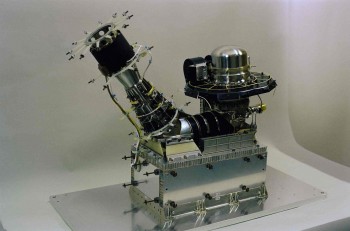
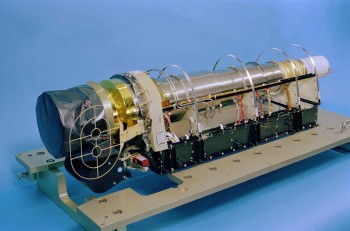
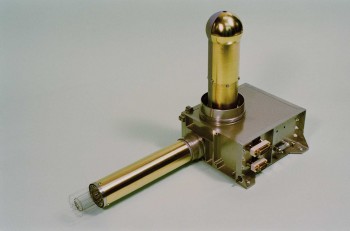
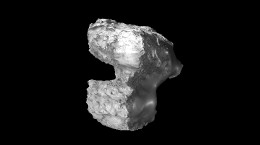
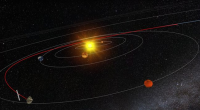
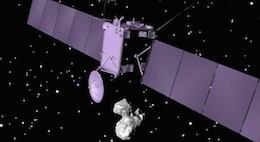
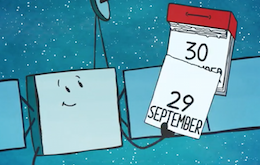
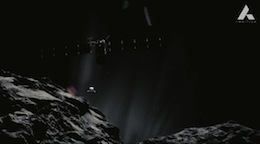
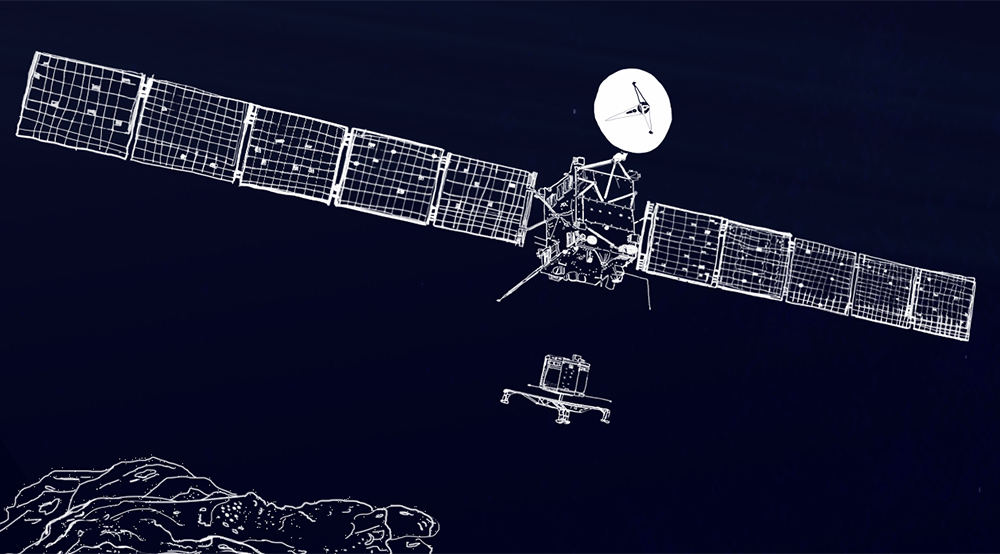
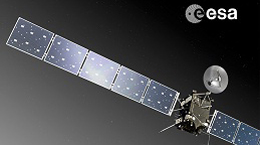
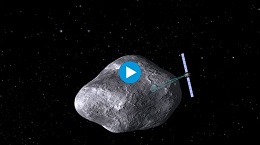
Discussion: 3 comments
Jeder der in der praxis schon mit spektrophotometern gearbeitet hat, kennt wichtigkeit der doppelstrahl-instrumente RTOF und DFMS. der referenzstrahl gilt als “eichung” und erlaubt präzisere messungen: ich habe von UV-sichtbar-IR-massenspectrograph z.B. zur bestimmung der sauerstoffisotopen 14,16 und 18.
in diesem zusammenhang möchte ich doch
frau professorin kathrin altwegg der unibern zitieren, welche zur IT folgendes sagte: “es sind zwar 10-jährige hardwares, aber sie sind solide!!
My stomach was rolling while reading this update! I was afraid you were going to have to say that there was a failure. Instead, it’s a great success! This is a wonderful mission, and the ESA is full of brilliant experts. I salute you, and I’m anxiously waiting and hoping that the goals can be achieved. Actually, one absolutely stunning goal has been achieved – the use of ion engine for a dance in space toward the target.
Strange that the software always is poor and full of bugs.
If a baker would bake bread with the same workmanship as the software engineers do their job. We all would be a lot thinner or even dead. If a bug is found in a cookie people scream out really loud, complain a lot and seek a way to law suite. If a bug in the software is found everyone is forgiving. 10 years of journey, several years of development and now the debugging starts. Thats worth quit a huge laugh.